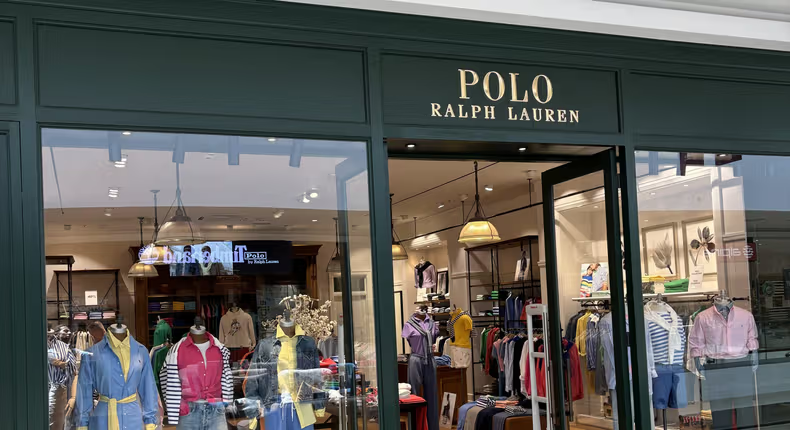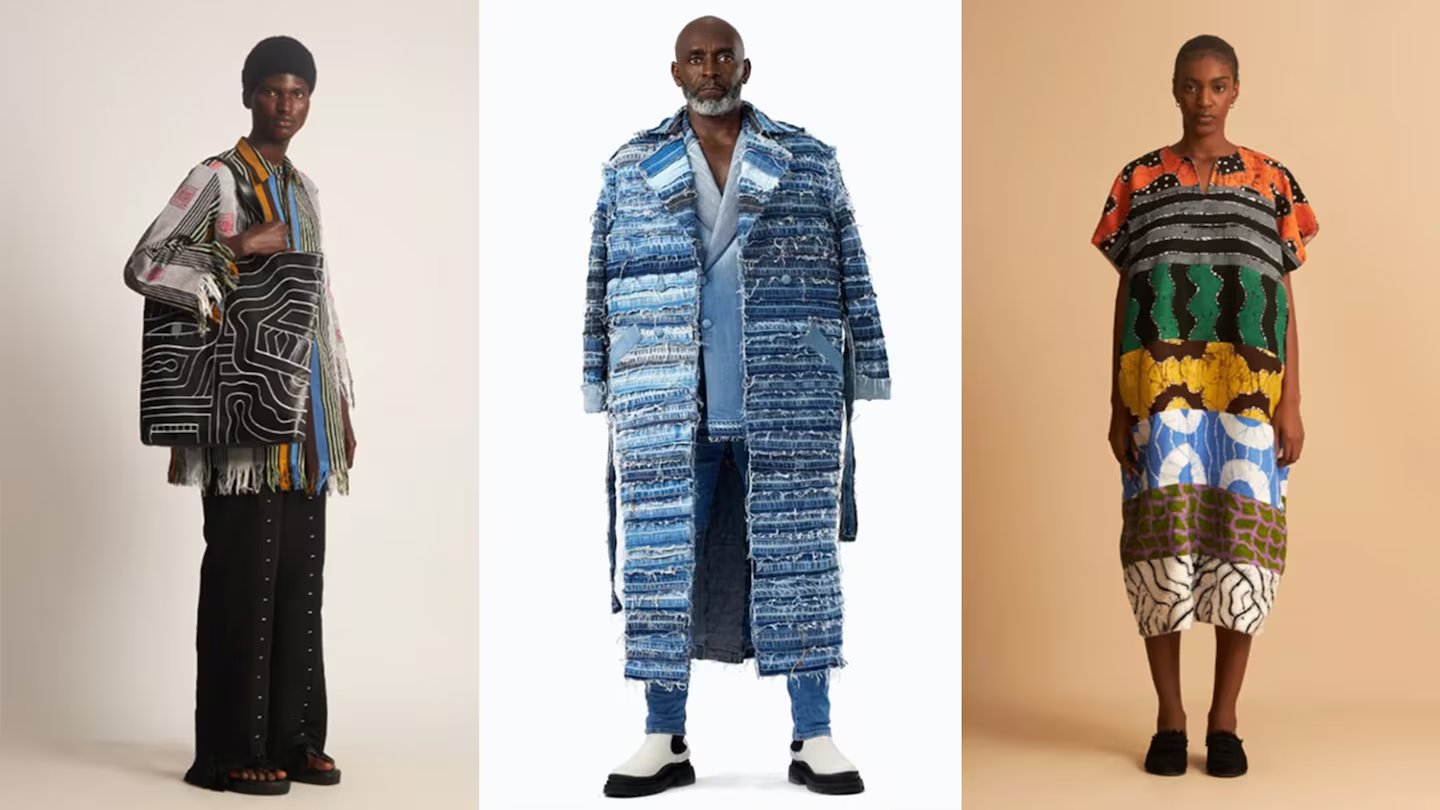The return of The Headies to Nigeria after two years abroad was supposed to be a triumphant return for one of the country’s most respected music awards. Rather than celebrations, it was received with anger, confusion, and disillusionment. What was supposed to be a symbolic gesture for the Nigerian music sector turned out to be a reminder of how far it has strayed from the credibility and usefulness it once had. The Headies have strayed.
Starting in 2006, The Headies, with Ayo Animashaun at HipTV, was considered the pinnacle of Nigerian music for decades. It was a badge of honour, a night that brought together the crème de la crème to honour artistry, talent, and reach. However, recent editions have not only failed to deliver, but they’ve also struggled with an increasing distrust between fans and artists.
The 17th edition, which took place in Lagos in 2024, following a two-year detour to Atlanta, was framed as a homecoming. The organisers stamped a seal on returning the awards to their point of inception and hosting Nigerian music on Nigerian ground. What followed was a show that began late, was plagued by disorganisation, and had glaring gaps that instigated outrage. From technical glitches and delayed showtimes to the missing presence of several top-billed winners who did not attend to receive their awards, the show was more of a lost opportunity than a rebirth.

The release of the Headies 17 nomination list sparked widespread debate. Many fans and critics felt the selections failed to reflect the pulse of contemporary Nigerian music. Some of the year’s biggest breakout stars, like Shallipopi and Odumodublvck, were either omitted or placed in categories that raised eyebrows. On social media, conversations quickly escalated as users questioned the credibility of the nominations and the criteria used to determine them. For an award show meant to honour excellence, the perceived inconsistencies suggested a disconnect from the culture it was celebrating.
But the essence is more profound than the occurrence. Stakeholders and listeners have posited that The Headies has failed to keep pace with the rapid expansion of the Nigerian music landscape. As Afrobeats is streamed globally, with a Nigerian act filling out shows in Europe, America, and elsewhere, the awards remain locally in vision and sporadic in delivery. The cringeworthy production norms lag behind global norms. The promo and publicity are often vague or minimal. And the faith in the process—voting, nomination, or election—has waned.
It has led some artists to pull out. In recent years, top-notch acts such as Burna Boy and Wizkid have opted not to attend the event. While some attribute it to scheduling or fatigue, others believe it signifies a more profound dissatisfaction with the structure of the awards. If the artists no longer see The Headies as a stage worth showing up for, then that sends a message to upcoming acts and the public that perhaps the awards are no longer as relevant.
The organisers are aware of some of these problems regarding credit where credit is due. There have been brand efforts, including initiatives such as the Headies Academy and the Headies Foundation, and most recently, rumours of a Headies Creative Summit. These are noble efforts to structure around the show and expand the industry. However, these efforts won’t be worthwhile if the product at its core—the award show itself—is still hasty, underfunded, and unconnected.

Reinvention is not what The Headies necessarily requires. Clarity and accountability are what are required. Nomination and voting need to be made more open. Categories need to be updated to reflect the changing music scene. Subgenres like street-hop, alté, and amapiano-pitched sounds need to carve out their own space. Viral reach and online presence must be factored in, given a world where TikTok trends reign and global streaming is the norm.
It also needs to redefine its purpose. Is it just a popularity contest, or does it aim to showcase talent? Does it manage to do both? Organisations like the Grammys and BETs have grappled with the same questions, but are kept afloat because they can evolve with the times. The Headies must decide what type of legacy it wants to leave in this new era of Afrobeats.
Above all, the most crucial transformation must occur behind the scenes. The creative idea, production team, and technical coordinators must lift the quality required of a music giant like Nigeria. The proper funding, expert execution, and a bold vision reflecting the artists’ superiority are needed. Fans are observing. The world is listening.
The future of The Headies will be on its ability to reclaim relevance and credibility. It remains culturally relevant, especially to emerging artists who dream of earning that legendary plaque. The dream is fading. If the awards want to reclaim their space again, they must make each instalment not an event, but a statement. A declaration of what Nigerian music stands for, and where it’s headed. Right now, the music is loud, proud, and global. The Headies must learn to rise with it—or risk being left behind.

























